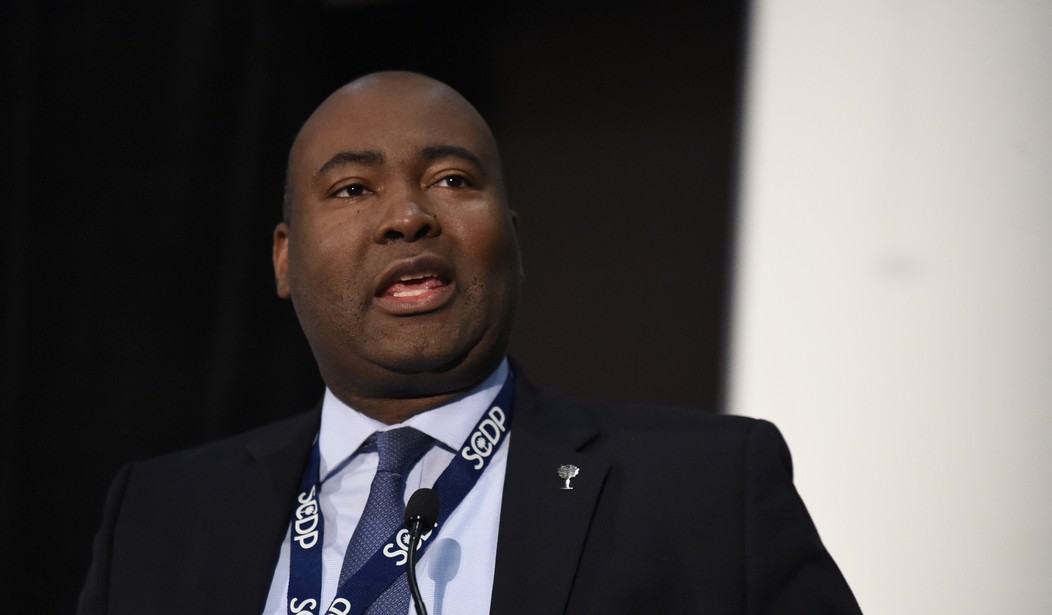Writing for the Free Press, Ruy Teixeira makes the case that despite the dismal results of the 2024 election, democrats are in deep denial about what went wrong and what they need to do to fix it. As is usually true, he makes a very convincing case.
In the wake of the Democrats’ drubbing at the hands of Donald Trump and the GOP, you’d assume the party would be all-in on a fundamental rethink, starting with some serious soul-searching on how the party came to be so out of sync with the majority of America on key cultural questions...
Well, if the six weeks since the election is anything to go by, you’d be wrong. Instead, much of the party is maneuvering to change as little as possible on the cultural front. Why? Because many of today’s Democrats are culture denialists.
I've previously pointed out evidence that the Democrats' stance on gender ideology and immigration hurt the party at the polls. But of course the left has been in denial about all of this. Their solution after any loss is to move further left. And what Teixeira sees happening now is Democrats refusing to acknowledge they need to move back to the center.
Many senior figures on the party’s left have skipped discussions of cultural issues altogether, instead publishing progressive policy wish lists. Senator Bernie Sanders of Vermont thinks Democrats should talk more about billionaires. Rep. Ro Khanna is betting on a “New Economic Deal” that would emphasize high-paying jobs for the middle class. Senator Chris Murphy thinks the key to a Democratic revival is advocating for the breakup of corporate power. Other Democrats suggest a relentless focus on “kitchen-table” issues. (Ah, what would Democrats do without that fabled kitchen table?) The general idea is that talking more about economic issues, typically in a populist vein, will win back the working class and obviate the need to change anything else...
The outgoing DNC chair takes things even further. Since the election, Jaime Harrison has strenuously resisted the idea Democrats should abandon “identity politics,” saying they represent how “people of color” see Democrats fighting for them. Invoking his status as a black man, he remarked: “That is my identity. . . . it is not politics. It is my life. And the people that I need in the party, that I need to stand up for me, have to recognize that. You cannot run away from that.” In other words, Democrats should double down on so-called culture war issues like race and gender that are so off-putting to voters. This is a strange recommendation since, as Democrats have become ever more associated with identity politics, they have been doing ever more poorly among non-white voters, especially non-white working-class voters. Their advantage among the latter group has declined by more than half since 2012.
They are doubling down on stupid, which is great news for Republicans. As Teixeira correctly points out, most people don't support mandatory DEI statements or the quasi-legal employment discrimination that comes with them. Most people don't support teaching the gender unicorn to 1st graders and they don't support putting biological men in women's prisons or letting them compete against women athletes. Most people don't support allowing schools to hide a child's social transition from parents. And most people don't support open borders or the gaming of the immigration system or spending billions of dollars housing migrants who will never be asked to leave the country no matter what an impotent immigration court ultimately decides about their legal right to be here.
Teixeira concludes that until they learn from their mistakes, Democrats are doomed to repeat them. As of now they don't seem to have learned much. And if past performance is any guide, they are likely to become more extreme and insistent about these fringe issues as Trump's 2nd term continues, not less so.








Join the conversation as a VIP Member